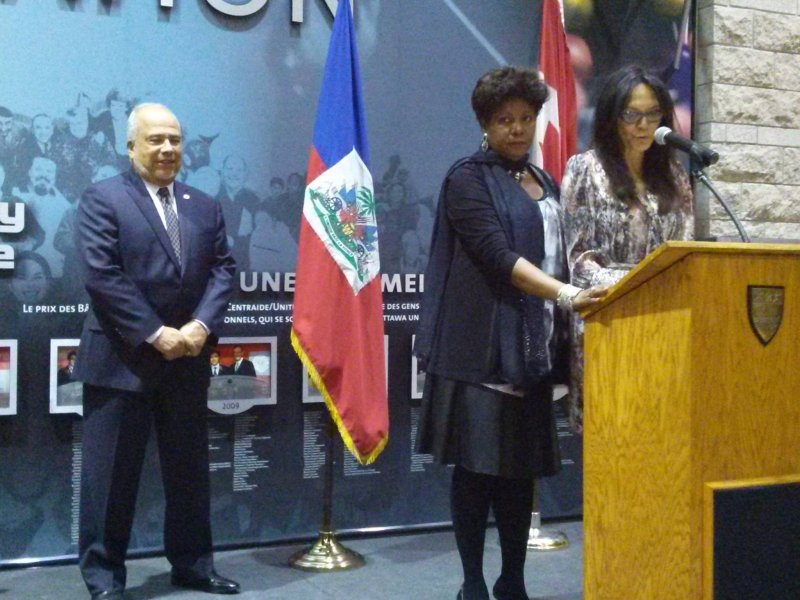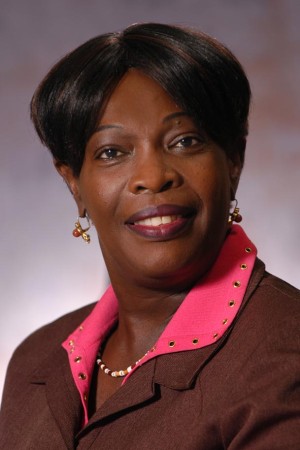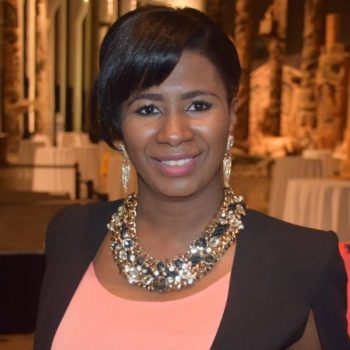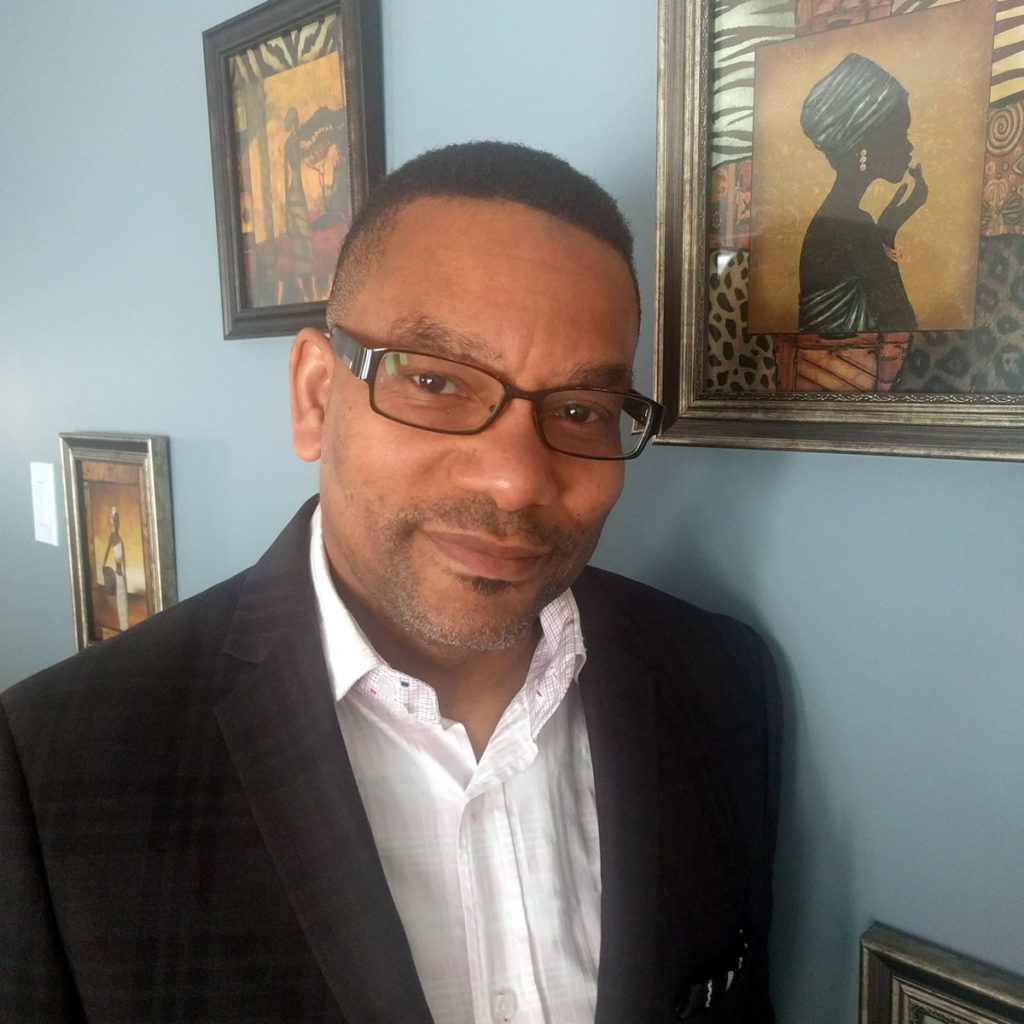
Haiti
by Joy Osiagwu
History
The Republic of Haiti, with its capital at Port-au-Prince, is located on the island of Hispaniola in the Greater Antilles archipelago of the Caribbean Sea, east of Cuba and Jamaica. Haiti is the third largest country in the Caribbean by area, with an estimated population of 11.4 million. It occupies the western three-eighths of the island, shared with the Dominican Republic. The nation is also the most populous in the Caribbean. The indigenous Taino people were the island’s original inhabitants who emerged from South America.
On his first voyage in 1492, Christopher Columbus thought he had found India or China. Instead, he founded the first European settlement in the Americas known as La Navidad, now known as the northeastern coast of Haiti. Subsequently, Spain claimed the island and made it part of its empire until the early 17th century. But the competition between Spain and France over settlements led to the ceding of the island’s western portion to France in 1697.
The French subsequently named it Saint-Domingue and began sugarcane plantations. Enslaved Africans were brought to work on the plantation, making it one of the richest in the world.
While the French Revolution of 1789 -1799 was going on, the Free people of color and enslaved people launched the Haitian Revolution between 1791-1804, spearheaded by a formerly enslaved person and the first black general of the French Army, Toussaint Louverture. His successor, Jean -Jacques Dessalines, defeated Napoleon Bonaparte’s forces after twelve years of conflict.
Emperor Jacques then declared Haiti’s Sovereignty on January 1st, 1804, making it the first independent nation of Latin America and the Caribbean, the second republic in the Americas and the first in the region to abolish slavery. Haiti is also the first state in history that was established by a successful slave rebel. Alexandre Petion was the first President of the Republic of Haiti. However, all subsequent leaders were formerly enslaved people.

Francois Duvalier, also known as Papa Doc, a Haitian politician of French Martiniguan descent, elected in a general election on a populist and black nationalist principle served as the President of Haiti from 1957-1971.
Haiti is a founding member of the United Nations, the Association of Caribbean States, the Organization of American States, and the International Monetary fund (IMF). It is also a member of the international de la Francophonie, CARICOM, the World Trade Organization (WTO), and the Community of Latin American and the Caribbean States. The country witnessed a coup d’état which attracted the United Nations (UN) intervention from 2004-2017. The UN stepped in, in the wake of the catastrophic earthquake in 2010, which led to the death of 250,000 people.
Current Governance Structure
The current governance structure of Haiti is Republican in nature, headed by the Executive arm, followed by the legislative and Judicial arm.
The President of the country elected by popular vote is known as the Head of State and serves for a single term of five years. A Prime Minister is also appointed by the President and ratified by the National Assembly. The Prime Minister then chooses the cabinet members after consulting with the President. His Excellency Claude Joseph is the current President who began acting in that capacity in 2021. At the same time, Ariel Henry is the current Prime Minister.
Trending News in Haiti
The United Nations Deputy Secretary -general, Amina Mohammed has called on all member countries with the capacity to respond to the Haitian government’s request for an international armed force to assist the government in restoring security to alleviate a humanitarian crisis in the country.
The UN envoy described the situation on December 22nd, 2022, as “a deepening crisis of unprecedented scale and complexity that is cause for serious alarm.” She also reiterated Secretary-General Antonio Guterres’s call for support for the Haitian National Police.
She told the U.N. Security Council of the current “insecurity at an unprecedented level and human rights abuse described as widespread with armed gangs expanding violent criminal activities to terrorize and subjugate communities.”
The Haitian acting Prime Minister, Ariel Henry, had removed from office the nation’s justice and interior ministers and its government commissioner following the recent political upheaval under the shadow of international sanctions earlier in November.
The former Justice Minister, Berto Dorce, had dismissed government Commissioner Jacques Lafontant on the Prime Minister’s orders. He was subsequently removed by Prime Minister Henry a few days later with Liszt Quitel, the Interior Minister.
Haiti’s Ottawa connections

On Wednesday, November, 18, 2015 at Ottawa City Hall the Embassy of Haiti in Canada presented “Haiti Art Exhibition 2015” In Memory of Vertières – November 18th 1803. This exhibition featured the works of five renowned Haitian artists: Pascal Smarth, Yvon Villarceau, Hervé Lebreton, Myrtelle Chéry & Monique Paultre. Among VIPs in attendance were Haitian ambassador H.E. Franz Liautaud and other diplomats.

On June 7, 2013, Ottawa gospel artist and vocal teacher Ferline Regis was one of six finalists who performed at the 2013 Ontario Pop gala concert, at the Gladstone Theatre. Currently in its 26th year, the Ontario POP competition showcases Franco-Ontarian song-writing excellence and talent.

Haitian-born Ottawa resident Jocelyn Constant is a social justice advocate , who presently sits on the Boards of Governors of La Cite Collegiale, Rideau Rockcliffe Resource Center and the Multicultural Women Empowerment Network. Jocelyne has received numerous awards including the Dr. Martin Luther King: 2008 DreamKeepers award and the Ambassador of Peace. She has also been nominated for the YMCA Women of Distinction award.

Haitian-born Ottawa resident Ketcia Peters is well known as a social justice advocate, community leader and feature writer. She was formerly Co-Chair of the Ottawa Police Equity Council, former Secretary of Black History Ottawa and a regular contributor to Black Ottawa Scene.

Haitian-born Jean-Marie Guerrier is well known in the national capital region as a community leader and advocate. He is currently Vice President and Treasurer of Black History Ottawa. Jean-Marie was honored in October 2022 with the United Way Community Builder award.
**********************************************************************

Joy Osiagwu is a Project Officer with Black History Ottawa. She has over two decades of experience as a broadcast journalist in Nigeria and North America. She holds a Master of Business Administration (MBA) degree from the University of Cumbria in the United Kingdom, plus a post-graduate diploma in Broadcast Performing Arts from the Columbia Academy, Vancouver, British Columbia.
